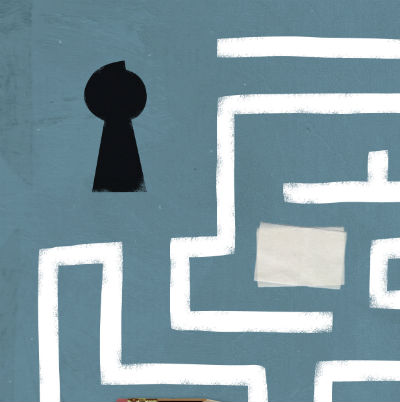Submitted by jhortolani on
This report is part of CRIN's access to justice for children project, looking at the status of the Convention on the Rights of the Child (CRC) in national law, the status of children involved in legal proceedings, the legal means to challenge violations of children’s rights and the practical considerations involved in challenging violations.
Antigua and Barbuda has ratified the CRC, but the Convention does not take precedence over national law nor is it directly applicable in the national courts as it has not been fully incorporated into national legislation. The courts have broad powers to hear legal challenges by children which must be brought through a representative or by the Childcare and Protection Agency and complaints can also be lodged with the Office of the Ombudsman. Some challenges to children accessing justice still exist in Antigua and Barbuda as there is, for example, some unclarity in the laws of the country as to the age of majority and a lack of extended limitation periods for cases brought by child victims. A legal aid programme exists under which children and their representatives can apply for free legal assistance, but its efficiency remains unclear. National law also does not allow for challenges by NGOs or groups of claimants. Decisions by the courts of Antigua and Barbuda can be appealed to the Eastern Caribbean Supreme Court and finally to the Judicial Committee of the Privy Council. After national remedies have been exhausted, individuals or groups of individuals, including children, and NGOs may submit petitions to the Inter-American Commission on Human Rights.

